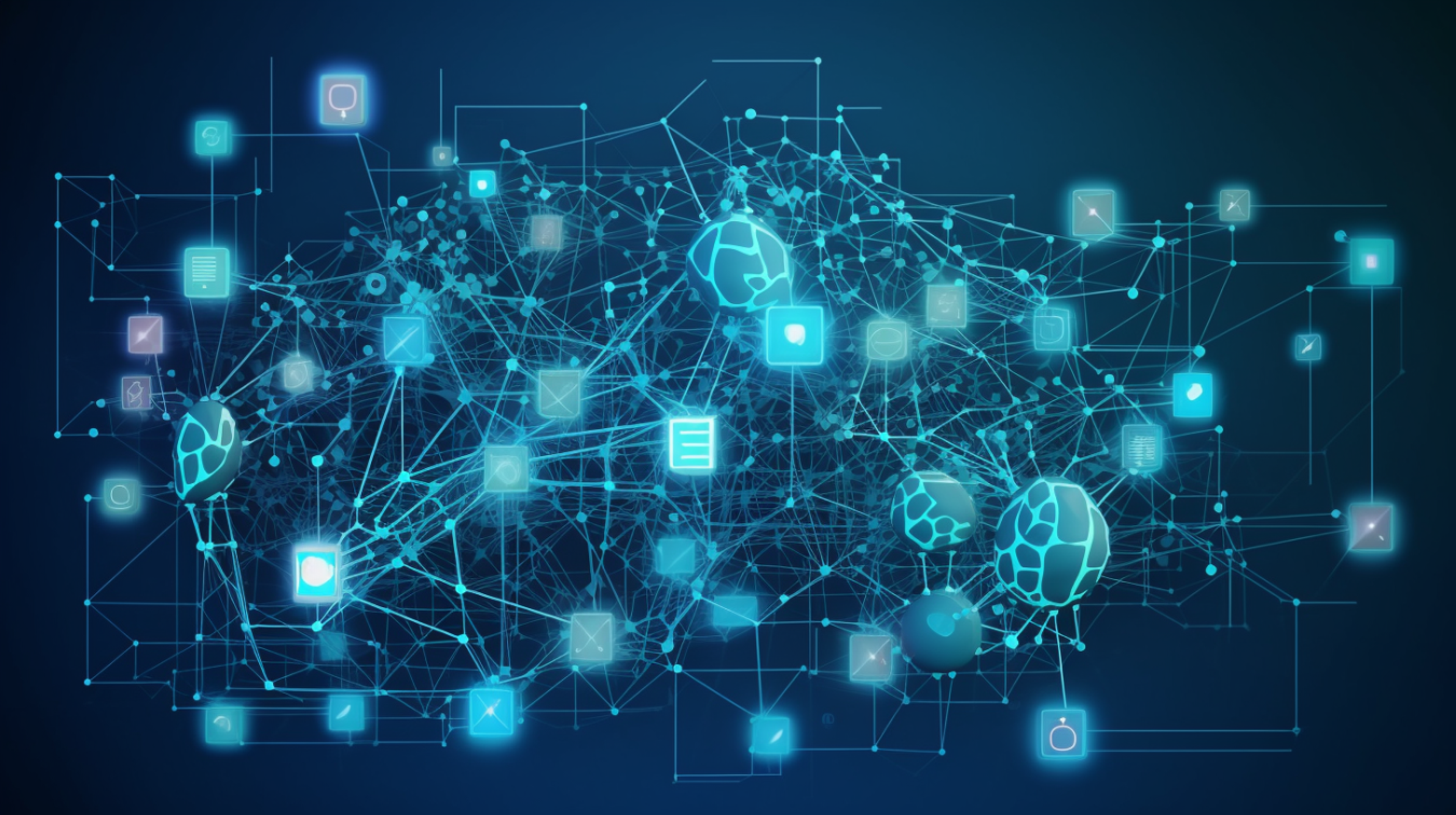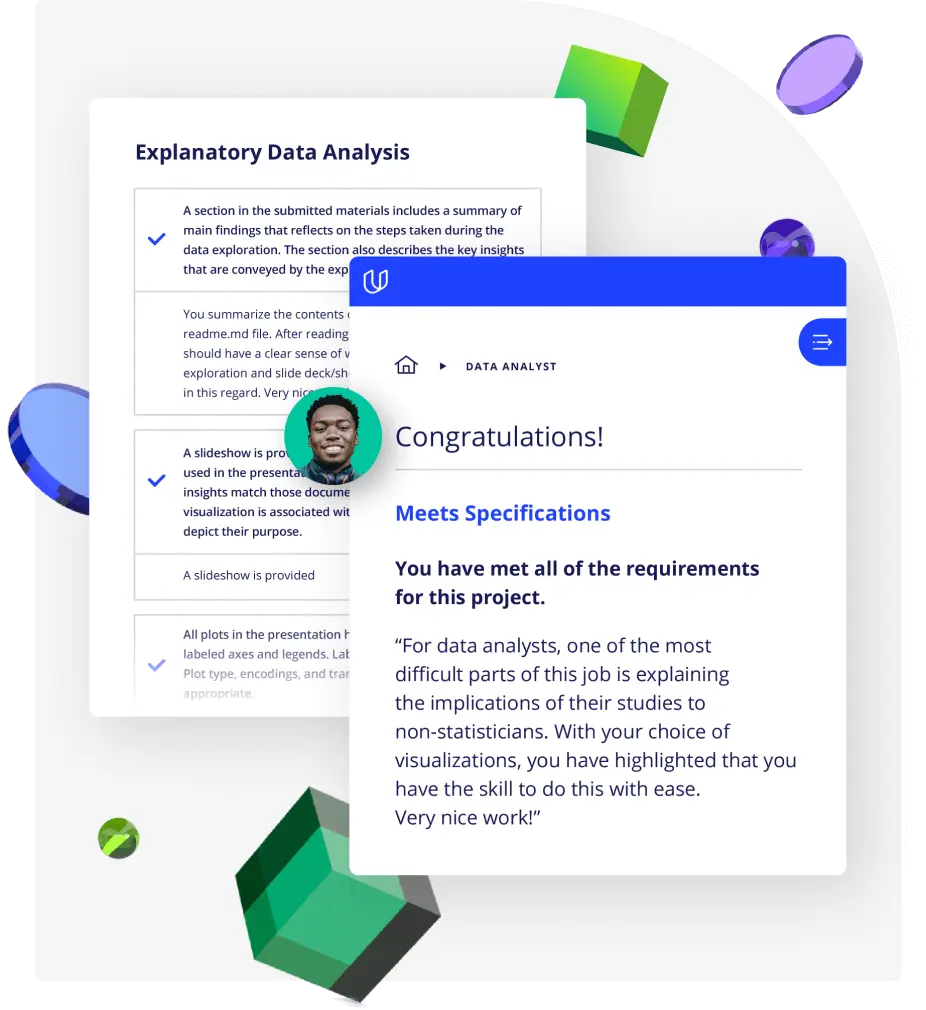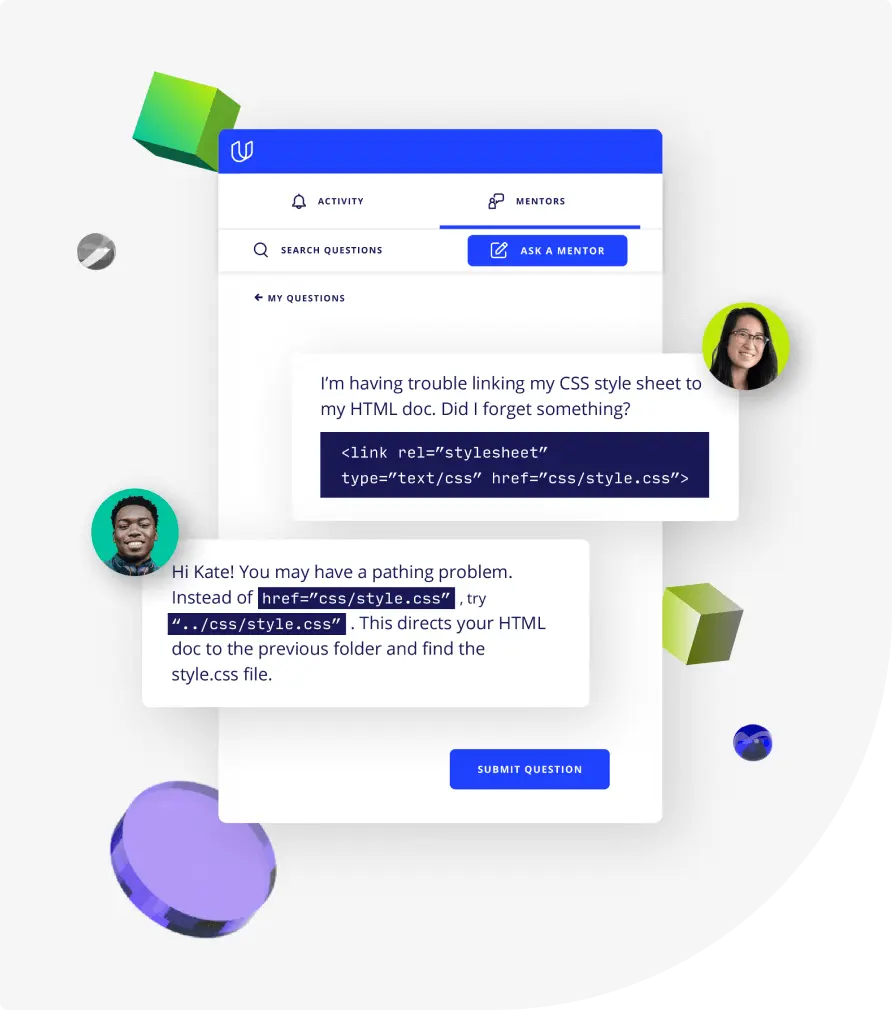Erick Galinkin
Principal AI Researcher
Erick Galinkin is a hacker and computer scientist, leading research at the intersection of security and artificial intelligence at Rapid7. He has spoken at numerous industry and academic conferences on topics ranging from malware development to game theory in security.
Noah Gift
Founder of Pragmatic AI Labs
Noah Gift teaches and consults at top universities and companies globally, including Duke and Northwestern. His areas of expertise are Machine Learning, MLOps, A.I., Data Science, and Cloud Architecture. Noah has authored several bestselling books, including Python for DevOps.
Soham Chatterjee
GRADUATE STUDENT AT THE NANYANG TECHNOLOGICAL UNIVERSITY
Soham is an Intel® Software Innovator and a former Deep Learning Researcher at Saama Technologies. He is currently a Masters by Research student at NTU, Singapore. His research is on Edge Computing, IoT and Neuromorphic Hardware.
Alfredo Deza is a passionate software engineer, avid open source developer, Vim plugin author, photographer, and former Olympic athlete. He has rebuilt company infrastructure, designed shared storage, and replaced complex build systems, always in search of efficient and resilient environments.








